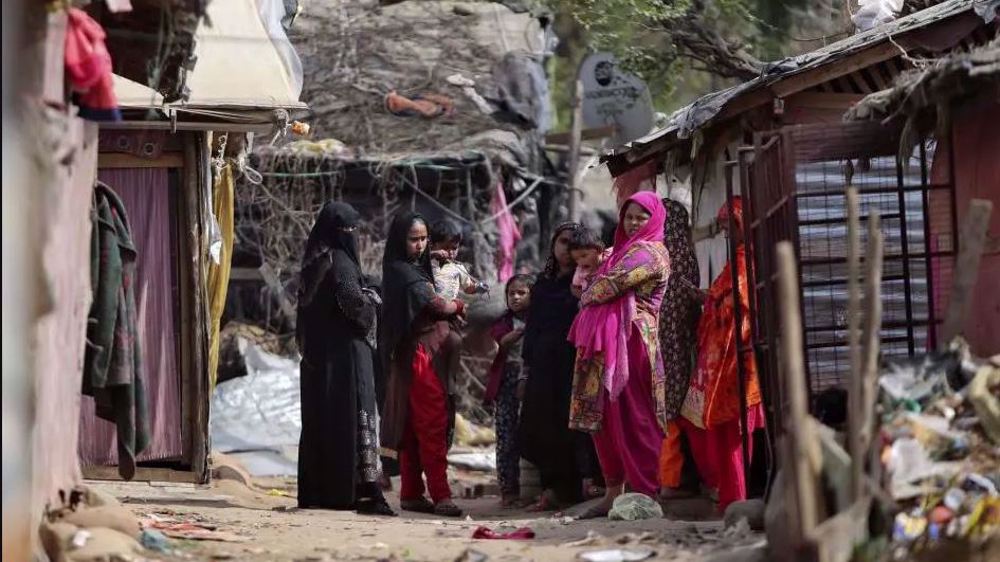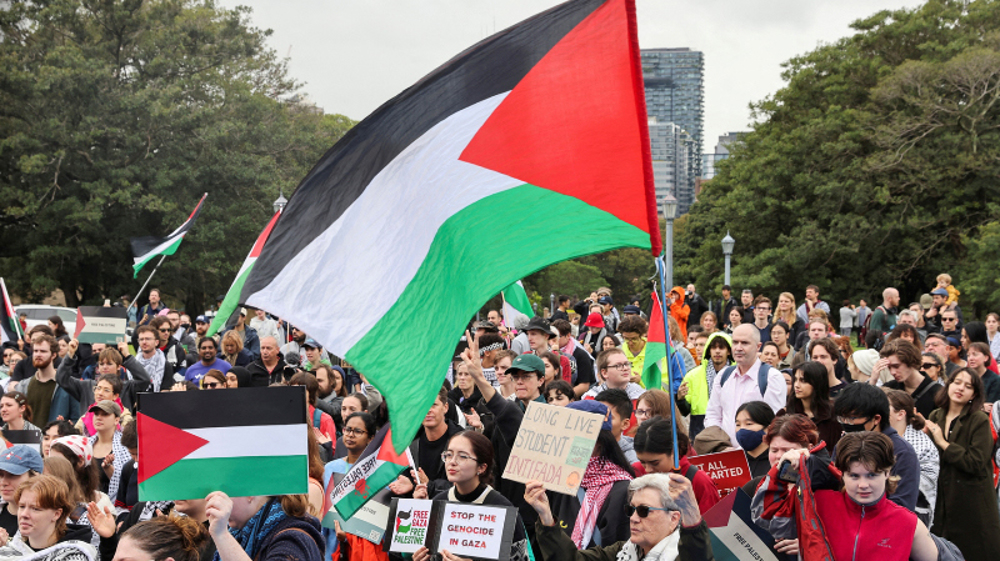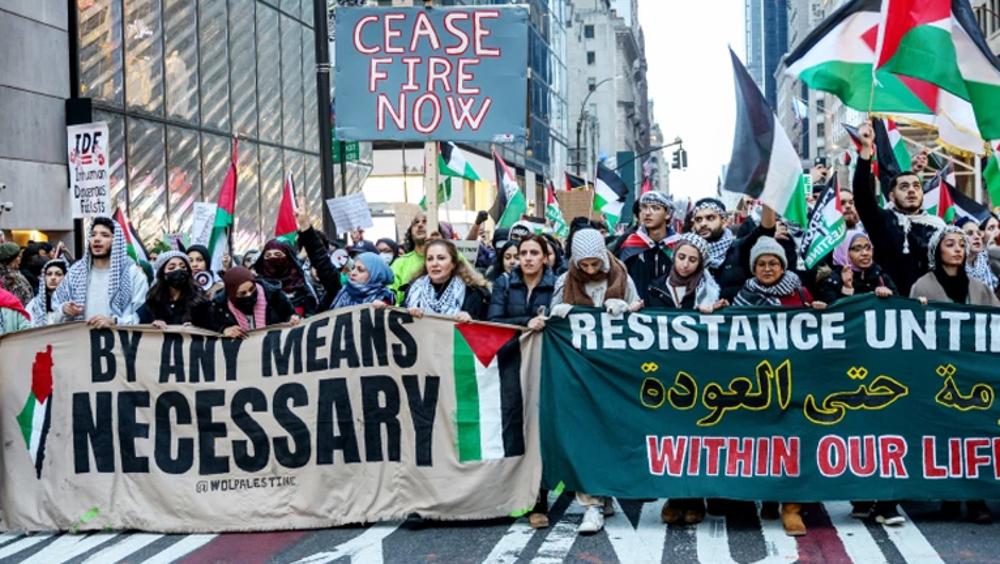Growing international calls on Bahrain to release political prisoners
Saeed Pourreza
Press TV, London
The latest call for clemency on Bahrain came in the form of a letter signed by 39 French MPs and sent in mid-July, focusing specifically on the decision by Bahrain’s Court of Cassation to uphold the death sentences against 37-year-old Mohamed Ramadhan and 33-year-old Hussain Moosa, arrested in February 2014, at the height of the Bahrain uprising. Both men say they’re innocent.
Their detention and alleged torture soon turned them into subjects of intense international attention, including from various rights organizations who also believe they’re innocent and have repeatedly called for their immediate release. Amnesty International had this to say when Bahrain’s highest court upheld the death penalty for the two men on July 13th.
‘’Bahrain’s judiciary has decided to blatantly ignore court evidence of torture in the case of Mohamed Ramadan and Hussain Moosa, and this, despite the repeated violations of the men’s right to a fair trial since their arrest over six years ago.’’
In a dramatic turn of events, Manama released nearly 1,500 detainees, mostly foreign nationals, and around 300 political prisoners, in March this year, all pardoned by the country’s king. But the decision, Bahrain observers believe, was rooted more in fears of the covid-19 pandemic than anything else.
It took the country’s authorities another two months to free renowned human rights activist Nabeel Rajab, imprisoned for nearly four years for expressing anti-government views on Twitter. Many more remain locked up in squalid conditions.
Bahrain’s prisons are plagued by hygiene problems leading to outbreaks of infections, yet the detainees prisoners, including high-profile ones, are routinely denied adequate medical care. That in addition to hampered access to legal representation.
The international calls, including this latest one from French parliamentarians are all aimed at securing the release of those wrongfully held behind bars. All eyes are now on Bahrain’s King Hamad to use his executive power to pardon those two men and other political prisoners at imminent risk of execution.
‘All wars have rules. All of those rules have been broken’ by Israel
VIDEO | Report flags India’s violation of rights of Rohingya detainees
Turkey's foreign minister meets Syria's de facto leader in Damascus
'Next to impossible' to rescue patients from Gaza's Kamal Adwan Hospital: Director
VIDEO | Vietnam current prosperity
Report blames gasoil exports for shortage at Iranian power plants
VIDEO | Hind Rajab Foundation names Israeli war criminals vacationing after Gaza genocide
VIDEO | Australians rally for Gaza ahead of Christmas festivities









 This makes it easy to access the Press TV website
This makes it easy to access the Press TV website